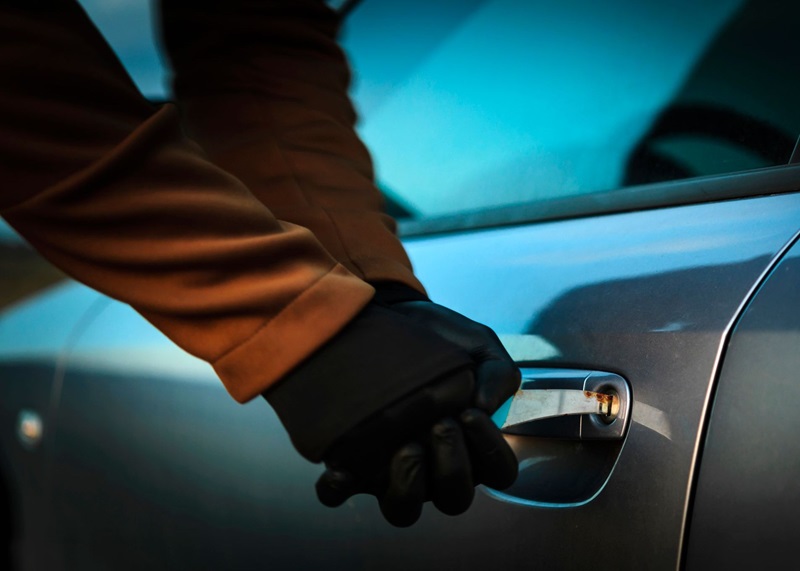How auto theft claims severity is trending

Canada’s auto theft crisis appears to be getting worse, with new data from Insurance Bureau of Canada (IBC) showing auto theft claims topping $1 billion for the second year in a row.
In 2023, the cost of insurance claims for replacing stolen vehicles in Canada skyrocketed to a record-breaking $1.5 billion, according to IBC data released Thursday. That’s up from an estimated $1.2 billion in 2022.
“To put this into perspective, between 2018 and 2021, auto theft claims costs averaged $556 million annually,” IBC says in a press release.
The latest numbers show the depth of the issue affecting Canadians as well as the heavy burden on law enforcement and courtroom personnel to address these crimes, says Liam McGuinty, IBC’s vice president of strategy.
“Canada’s auto theft crisis is also placing pressure on drivers’ insurance premiums — as auto theft continues to increase, so do the associated costs,” McGuinty says. “Auto theft is not a victimless crime.”
Nationally, auto theft claims costs increased 254% between 2018 and 2023. Auto theft losses in 2023 reached nearly $1.55 billion, an increase of nearly 20% from 2022, the year that held the previous record.
The problem is most significant in Ontario, where auto theft claims costs increased a staggering 524% between 2018 and 2023. “IBC will be releasing province-specific data on auto theft claims costs in the coming weeks,” the association reports.
Total national auto theft insurance claims reached nearly 50,000 last year, up from more than 45,000 in 2022, IBC data show. The increase between 2018 and 2023 was 56%.
New, high-end luxury vehicles are often lucrative targets, due in part to their desirability in illegal international markets. In many cases, stolen vehicles are exported to these markets by domestic and international criminal organizations. The proceeds are then used to finance drug trafficking, arms deals and international terrorism, IBC reports.
“Despite important federal and provincial investments aimed at mitigating the crisis, this new data suggests more action must be taken to make vehicles more difficult to steal, transport and export,” IBC says. “To that end, IBC has been calling for immediate action to stop stolen vehicles from being shipped overseas and to prevent vehicles from being stolen in the first place.”
McGuinty reiterates the need for a ‘whole-of-society’ approach to tackling auto theft.
“IBC recognizes the efforts undertaken by governments to date to fight auto theft, but more needs to be done, including at the national level,” he says. “Attention needs to be paid to modernizing Canada’s outdated vehicle safety standards, which were last updated in 2007, and stopping the outflow of stolen vehicles from Canada’s ports.”
IBC says it’s looking forward to the important next steps in the federal government’s action plan to combat auto theft, as well as working alongside all levels of government.
In February, the federal government concluded the National Summit on Combatting Auto Theft with a commitment to develop a detailed plan in the winter.
Feature image by iStock.com/stock_colors







